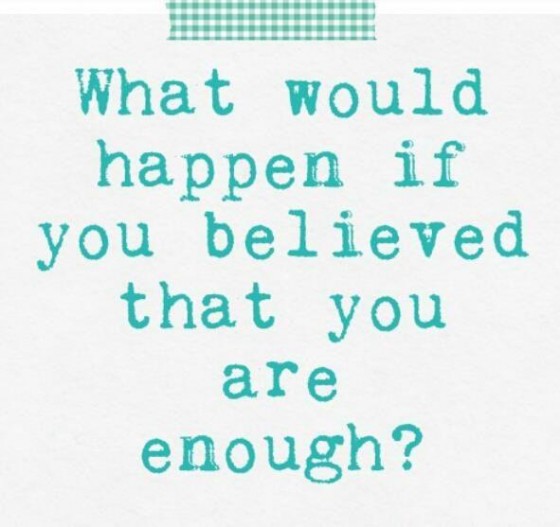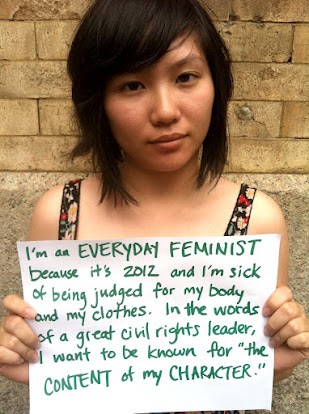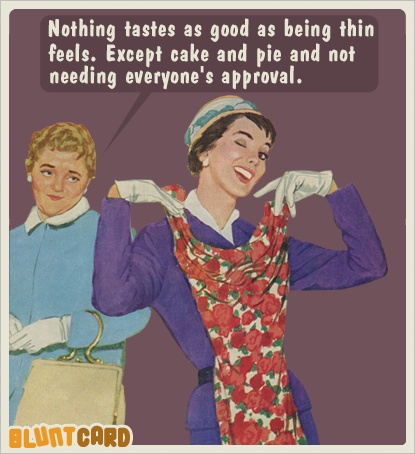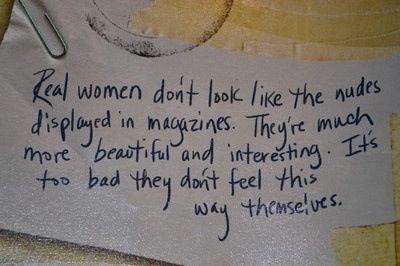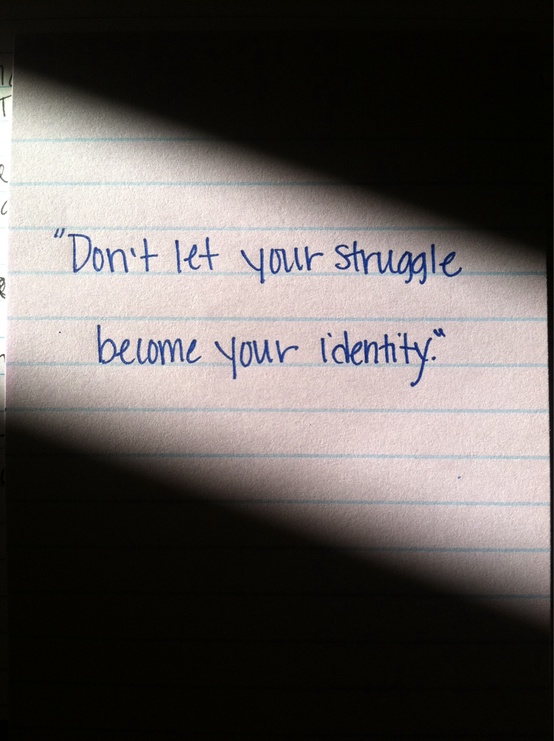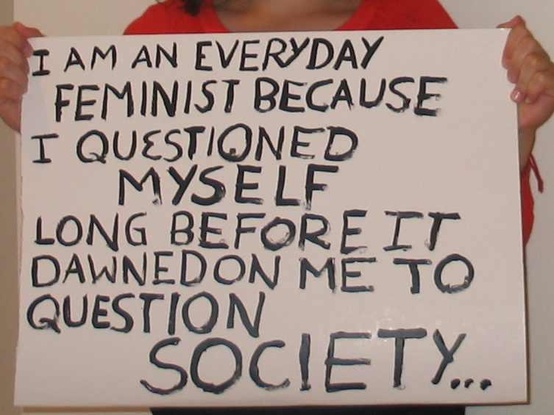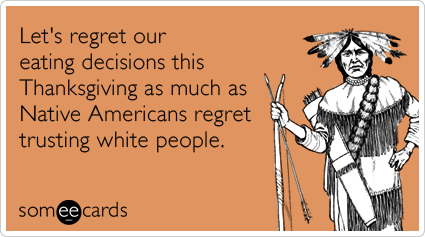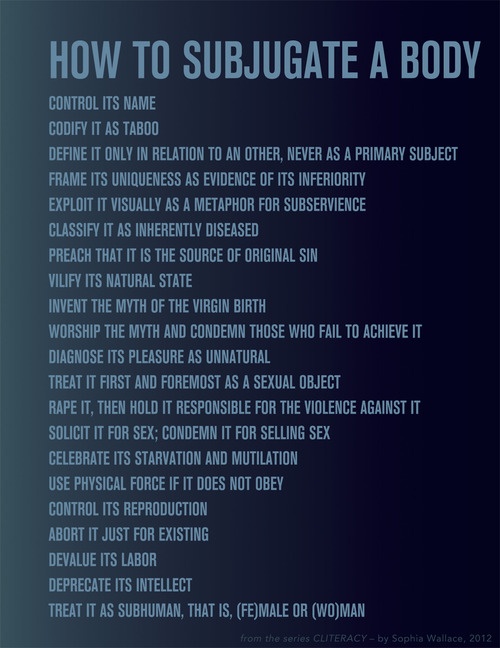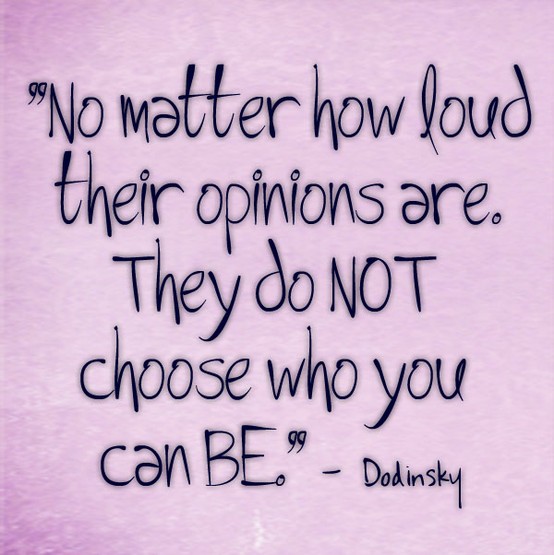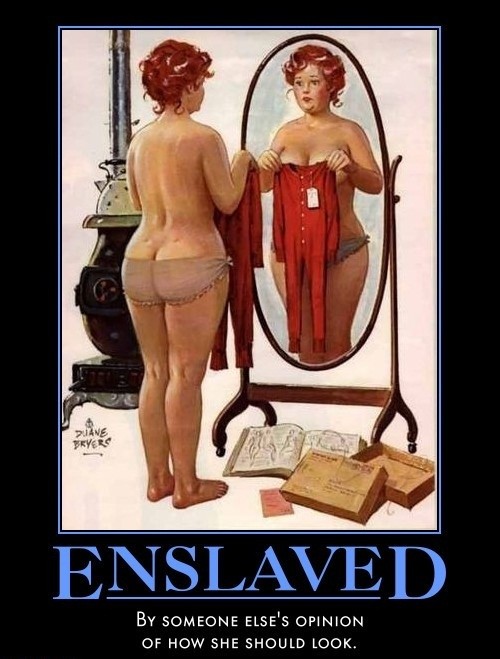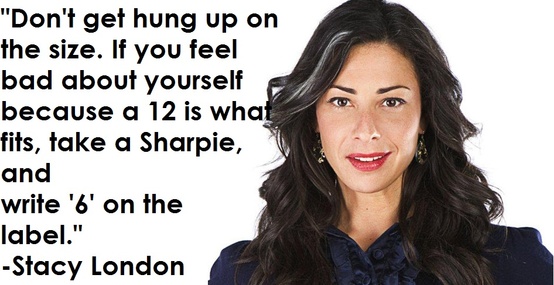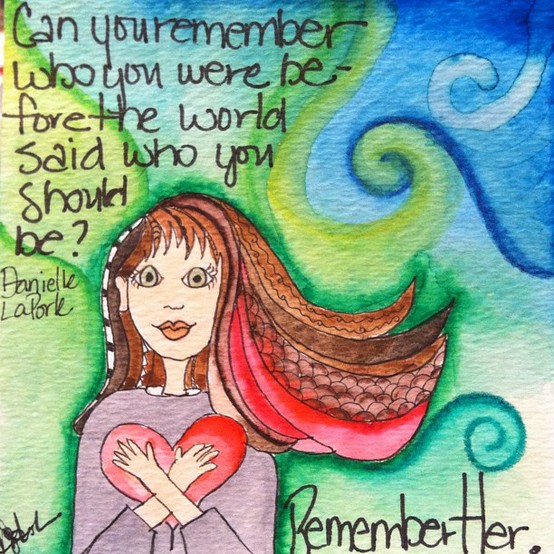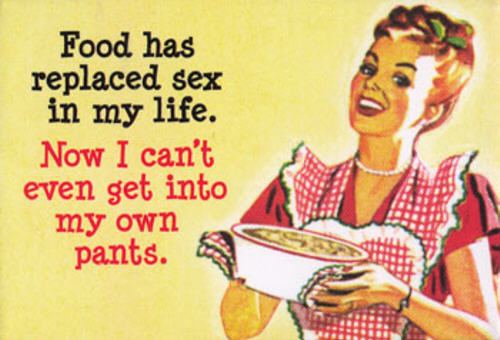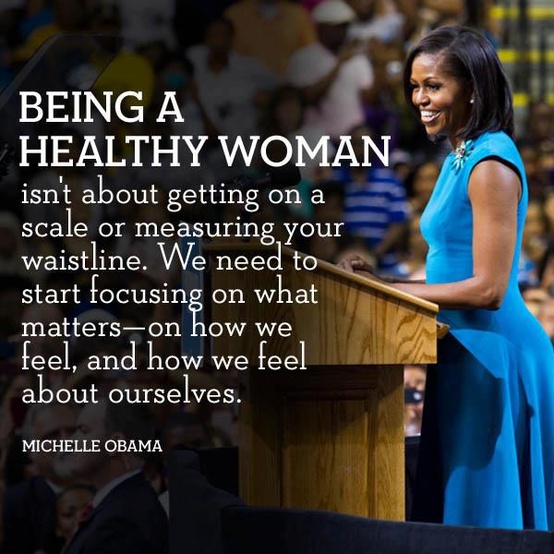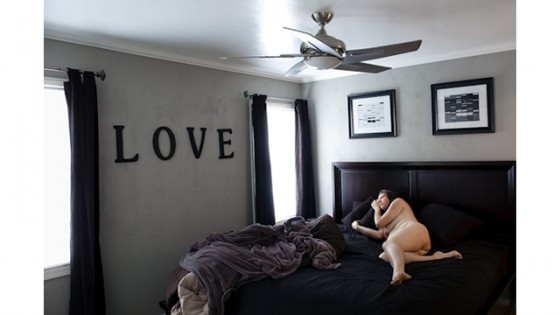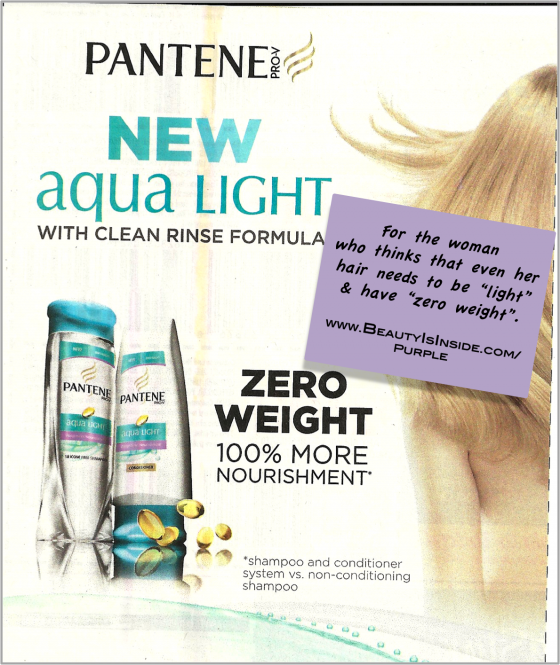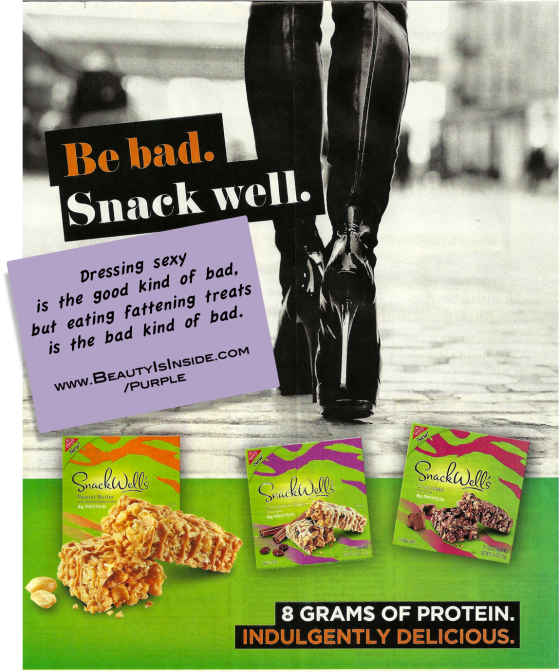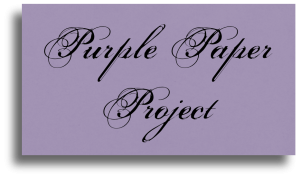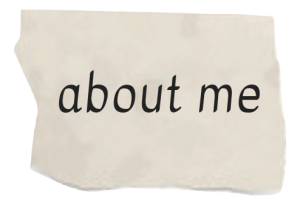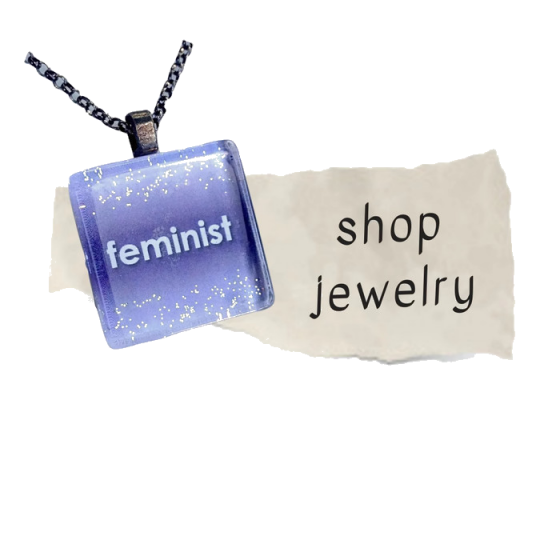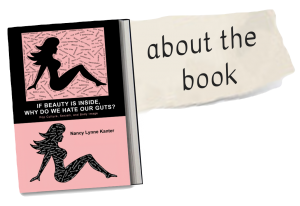 Body, it's me. Can we talk? It’s March 20th and spring has finally arrived. As spring fills the air, there are some things we can always count on-- flowers will bloom, birds will gleefully chirp, temperatures will rise, and the media will unleash its seasonal campaign begging me, pressuring me, DEMANDING me to declare war against you.
Magazines and commercials will be asking us if we’re “beach body ready.” They'll say it’s time to “melt away those love handles” and “get rid of those extra pounds.” Body, last time I checked, we have fat covering our bones, and extra cushioning around our tummy and hips-- never has this fat posed a threat to us or to anyone else for that matter, so why must it be so urgently destroyed? Why should we have to make ourselves smaller and smaller to satisfy an ideal of beauty that we never agreed to in the first place?
Advertisers will try to sell us products that will "eliminate unsightly stretch marks.” Body, last time I checked, we have stretch marks--winding, twisting, squiggly pale marks on our thighs, hips, breasts, butt, you get the picture! Despite what the media tells us, you and I know that these stretch marks signify our growth-- from a little girl into a woman. These stretch marks formed because I nourished you, fed you, allowed you to develop fully over the years. Why should we feel compelled to erase the very marks that make us human? Magazines incessantly mock celebrities who have cellulite. Body, last time I checked, we have cellulite. The generations of women before us had cellulite too-- it’s in our genes. My thighs have ripples and dimples, just like my mother’s thighs, and my grandmother’s thighs, and my great-grandmother’s thighs. When I look at our legs, the cellulite isn’t what strikes me. What strikes me is how our legs supported us and allowed us to stand tall throughout life’s most difficult challenges. Our legs, they did not buckle in times of hardship, heartbreak, and grief, no-- our legs kept us moving through life when it seemed impossible. Though we may receive ongoing harassment about the cellulite on our legs, our legs will continue to stand tall and stand up to unrealistic standards of beauty over and over again.
We see commercials for laser hair removal, waxing, and shaving products. Body, this is no secret-- we have hair. On our arms, on our legs, on our face, etc. Remember those boys who made fun of us in middle school for having hair on our bodies? Oh, the shame and insecurities we felt back then. Our dark hair carries our history and our heritage-- that is nothing to be ashamed of. Those boys, I hope they’ve matured over the years. I hope they don't humiliate their mothers, their sisters, and their daughters who grow hair on their faces and bodies. I hope they have learned to love and accept women as human beings and NOT Barbie dolls.
Body, the internet keeps telling us we need to “cleanse and detox.” If there is one thing we need to cleanse and detox, I think it is our mind. We need a 24-7 detox from the poisonous messages that have been bombarding us since we were young. Perhaps the weight we've needed to lose all along is the weight of society’s judgments surrounding our bodies and our worth.
Body, I want to thank you for never giving up on me. You’ve been there for me when I was not always kind to you. You don’t hold a grudge for all those years I hated you, starved you, overworked you, and treated you poorly. You’ve loved me unconditionally from the second we met, and it’s about time I returned that love. I want to cherish every moment we spend together-- basking in our imperfection, existing exactly as we are, and making no apologies. Happy Spring!
About the Author:
Brooke Scheinberg is a licensed social worker currently providing clinical therapy services at a substance abuse clinic in New Haven, CT. A graduate of the University of Maryland School of Social Work, Brooke hopes to use her personal and professional experience to help and inspire others on their journey to self-love.
Body, it's me. Can we talk? It’s March 20th and spring has finally arrived. As spring fills the air, there are some things we can always count on-- flowers will bloom, birds will gleefully chirp, temperatures will rise, and the media will unleash its seasonal campaign begging me, pressuring me, DEMANDING me to declare war against you.
Magazines and commercials will be asking us if we’re “beach body ready.” They'll say it’s time to “melt away those love handles” and “get rid of those extra pounds.” Body, last time I checked, we have fat covering our bones, and extra cushioning around our tummy and hips-- never has this fat posed a threat to us or to anyone else for that matter, so why must it be so urgently destroyed? Why should we have to make ourselves smaller and smaller to satisfy an ideal of beauty that we never agreed to in the first place?
Advertisers will try to sell us products that will "eliminate unsightly stretch marks.” Body, last time I checked, we have stretch marks--winding, twisting, squiggly pale marks on our thighs, hips, breasts, butt, you get the picture! Despite what the media tells us, you and I know that these stretch marks signify our growth-- from a little girl into a woman. These stretch marks formed because I nourished you, fed you, allowed you to develop fully over the years. Why should we feel compelled to erase the very marks that make us human? Magazines incessantly mock celebrities who have cellulite. Body, last time I checked, we have cellulite. The generations of women before us had cellulite too-- it’s in our genes. My thighs have ripples and dimples, just like my mother’s thighs, and my grandmother’s thighs, and my great-grandmother’s thighs. When I look at our legs, the cellulite isn’t what strikes me. What strikes me is how our legs supported us and allowed us to stand tall throughout life’s most difficult challenges. Our legs, they did not buckle in times of hardship, heartbreak, and grief, no-- our legs kept us moving through life when it seemed impossible. Though we may receive ongoing harassment about the cellulite on our legs, our legs will continue to stand tall and stand up to unrealistic standards of beauty over and over again.
We see commercials for laser hair removal, waxing, and shaving products. Body, this is no secret-- we have hair. On our arms, on our legs, on our face, etc. Remember those boys who made fun of us in middle school for having hair on our bodies? Oh, the shame and insecurities we felt back then. Our dark hair carries our history and our heritage-- that is nothing to be ashamed of. Those boys, I hope they’ve matured over the years. I hope they don't humiliate their mothers, their sisters, and their daughters who grow hair on their faces and bodies. I hope they have learned to love and accept women as human beings and NOT Barbie dolls.
Body, the internet keeps telling us we need to “cleanse and detox.” If there is one thing we need to cleanse and detox, I think it is our mind. We need a 24-7 detox from the poisonous messages that have been bombarding us since we were young. Perhaps the weight we've needed to lose all along is the weight of society’s judgments surrounding our bodies and our worth.
Body, I want to thank you for never giving up on me. You’ve been there for me when I was not always kind to you. You don’t hold a grudge for all those years I hated you, starved you, overworked you, and treated you poorly. You’ve loved me unconditionally from the second we met, and it’s about time I returned that love. I want to cherish every moment we spend together-- basking in our imperfection, existing exactly as we are, and making no apologies. Happy Spring!
About the Author:
Brooke Scheinberg is a licensed social worker currently providing clinical therapy services at a substance abuse clinic in New Haven, CT. A graduate of the University of Maryland School of Social Work, Brooke hopes to use her personal and professional experience to help and inspire others on their journey to self-love.
Posts in category Dieting
An Open Letter to My Body on the First Day of Spring
 Body, it's me. Can we talk? It’s March 20th and spring has finally arrived. As spring fills the air, there are some things we can always count on-- flowers will bloom, birds will gleefully chirp, temperatures will rise, and the media will unleash its seasonal campaign begging me, pressuring me, DEMANDING me to declare war against you.
Magazines and commercials will be asking us if we’re “beach body ready.” They'll say it’s time to “melt away those love handles” and “get rid of those extra pounds.” Body, last time I checked, we have fat covering our bones, and extra cushioning around our tummy and hips-- never has this fat posed a threat to us or to anyone else for that matter, so why must it be so urgently destroyed? Why should we have to make ourselves smaller and smaller to satisfy an ideal of beauty that we never agreed to in the first place?
Advertisers will try to sell us products that will "eliminate unsightly stretch marks.” Body, last time I checked, we have stretch marks--winding, twisting, squiggly pale marks on our thighs, hips, breasts, butt, you get the picture! Despite what the media tells us, you and I know that these stretch marks signify our growth-- from a little girl into a woman. These stretch marks formed because I nourished you, fed you, allowed you to develop fully over the years. Why should we feel compelled to erase the very marks that make us human? Magazines incessantly mock celebrities who have cellulite. Body, last time I checked, we have cellulite. The generations of women before us had cellulite too-- it’s in our genes. My thighs have ripples and dimples, just like my mother’s thighs, and my grandmother’s thighs, and my great-grandmother’s thighs. When I look at our legs, the cellulite isn’t what strikes me. What strikes me is how our legs supported us and allowed us to stand tall throughout life’s most difficult challenges. Our legs, they did not buckle in times of hardship, heartbreak, and grief, no-- our legs kept us moving through life when it seemed impossible. Though we may receive ongoing harassment about the cellulite on our legs, our legs will continue to stand tall and stand up to unrealistic standards of beauty over and over again.
We see commercials for laser hair removal, waxing, and shaving products. Body, this is no secret-- we have hair. On our arms, on our legs, on our face, etc. Remember those boys who made fun of us in middle school for having hair on our bodies? Oh, the shame and insecurities we felt back then. Our dark hair carries our history and our heritage-- that is nothing to be ashamed of. Those boys, I hope they’ve matured over the years. I hope they don't humiliate their mothers, their sisters, and their daughters who grow hair on their faces and bodies. I hope they have learned to love and accept women as human beings and NOT Barbie dolls.
Body, the internet keeps telling us we need to “cleanse and detox.” If there is one thing we need to cleanse and detox, I think it is our mind. We need a 24-7 detox from the poisonous messages that have been bombarding us since we were young. Perhaps the weight we've needed to lose all along is the weight of society’s judgments surrounding our bodies and our worth.
Body, I want to thank you for never giving up on me. You’ve been there for me when I was not always kind to you. You don’t hold a grudge for all those years I hated you, starved you, overworked you, and treated you poorly. You’ve loved me unconditionally from the second we met, and it’s about time I returned that love. I want to cherish every moment we spend together-- basking in our imperfection, existing exactly as we are, and making no apologies. Happy Spring!
About the Author:
Brooke Scheinberg is a licensed social worker currently providing clinical therapy services at a substance abuse clinic in New Haven, CT. A graduate of the University of Maryland School of Social Work, Brooke hopes to use her personal and professional experience to help and inspire others on their journey to self-love.
Body, it's me. Can we talk? It’s March 20th and spring has finally arrived. As spring fills the air, there are some things we can always count on-- flowers will bloom, birds will gleefully chirp, temperatures will rise, and the media will unleash its seasonal campaign begging me, pressuring me, DEMANDING me to declare war against you.
Magazines and commercials will be asking us if we’re “beach body ready.” They'll say it’s time to “melt away those love handles” and “get rid of those extra pounds.” Body, last time I checked, we have fat covering our bones, and extra cushioning around our tummy and hips-- never has this fat posed a threat to us or to anyone else for that matter, so why must it be so urgently destroyed? Why should we have to make ourselves smaller and smaller to satisfy an ideal of beauty that we never agreed to in the first place?
Advertisers will try to sell us products that will "eliminate unsightly stretch marks.” Body, last time I checked, we have stretch marks--winding, twisting, squiggly pale marks on our thighs, hips, breasts, butt, you get the picture! Despite what the media tells us, you and I know that these stretch marks signify our growth-- from a little girl into a woman. These stretch marks formed because I nourished you, fed you, allowed you to develop fully over the years. Why should we feel compelled to erase the very marks that make us human? Magazines incessantly mock celebrities who have cellulite. Body, last time I checked, we have cellulite. The generations of women before us had cellulite too-- it’s in our genes. My thighs have ripples and dimples, just like my mother’s thighs, and my grandmother’s thighs, and my great-grandmother’s thighs. When I look at our legs, the cellulite isn’t what strikes me. What strikes me is how our legs supported us and allowed us to stand tall throughout life’s most difficult challenges. Our legs, they did not buckle in times of hardship, heartbreak, and grief, no-- our legs kept us moving through life when it seemed impossible. Though we may receive ongoing harassment about the cellulite on our legs, our legs will continue to stand tall and stand up to unrealistic standards of beauty over and over again.
We see commercials for laser hair removal, waxing, and shaving products. Body, this is no secret-- we have hair. On our arms, on our legs, on our face, etc. Remember those boys who made fun of us in middle school for having hair on our bodies? Oh, the shame and insecurities we felt back then. Our dark hair carries our history and our heritage-- that is nothing to be ashamed of. Those boys, I hope they’ve matured over the years. I hope they don't humiliate their mothers, their sisters, and their daughters who grow hair on their faces and bodies. I hope they have learned to love and accept women as human beings and NOT Barbie dolls.
Body, the internet keeps telling us we need to “cleanse and detox.” If there is one thing we need to cleanse and detox, I think it is our mind. We need a 24-7 detox from the poisonous messages that have been bombarding us since we were young. Perhaps the weight we've needed to lose all along is the weight of society’s judgments surrounding our bodies and our worth.
Body, I want to thank you for never giving up on me. You’ve been there for me when I was not always kind to you. You don’t hold a grudge for all those years I hated you, starved you, overworked you, and treated you poorly. You’ve loved me unconditionally from the second we met, and it’s about time I returned that love. I want to cherish every moment we spend together-- basking in our imperfection, existing exactly as we are, and making no apologies. Happy Spring!
About the Author:
Brooke Scheinberg is a licensed social worker currently providing clinical therapy services at a substance abuse clinic in New Haven, CT. A graduate of the University of Maryland School of Social Work, Brooke hopes to use her personal and professional experience to help and inspire others on their journey to self-love.
A Woman’s Declaration of Independence

It’s time to declare independence, to separate ourselves from the bad habits, the stifling expectations, and the negative messages that no longer serve us (assuming they ever did).
It’s time to declare independence from media messages that tell us we’re ugly if we don’t look like the “flawless” images of celebrities on the screen and in the magazines. It’s time to stop buying into the manipulation and stop wasting time trying to chase an illusion that doesn’t even exist.
It’s time to declare independence from the belief that having the perfect body will make us worthy of love and respect. We’re already worthy of love and respect in the bodies we have now — no amount of weight loss or plastic surgery will increase our value.
It’s time to declare independence from dieting, from deprivation, from seeing food as the enemy. The American weight loss industry makes nearly $60 billion a year trying to convince us that we’re not good enough — if diets worked, would these companies be this profitable? It’s time to stop contributing to their false sense of hope.
It’s time to declare independence from body loathing, from looking at our bodies with disgust instead of love. It’s time to appreciate all of the amazing things they do for us — the jiggly arms that give great hugs, the flabby thighs that carry us through the park, the droopy breasts that fed a child, the wounded heart that still knows how to love, the exhausted brain that still manages to tell our lungs to breathe.
It’s time to declare independence from the oppressive labels of virgin or whore, straight or gay, feminine or masculine, and all the shades in between. Our number of sex partners do not define us. Our sexuality does not define us. Our gender identity does not define us. These traits can’t possibly define what kind of person we are or what’s in our hearts or our minds. Any attempt by others to claim otherwise is an attempt to control us, to police our behavior, and to shame us so that they don’t have to examine their own ignorance and fear.
It’s time to declare independence from the belief that women can bring sexual assault upon ourselves based on how provocatively we’re dressed, how flirty we act, or how drunk we get. The only ones responsible for rapists' behavior are rapists themselves. We have the right not to be blamed when others hurt us, and we have the right to feel safe in the world.
It’s time to declare independence from legislators who think the female body should be controlled by wealthy, middle-aged, white, Christian, conservative men. Our bodies belong to us — it’s time to declare our freedom to make our own decisions about them. Because if we cannot, then we are truly not equal citizens and this country is not as free it claims to be.
It’s time to declare independence from spending so much time, energy, and money trying to fit into someone else’s idea of who they think we should be. It’s time to put ourselves first, to focus on our own desires and do what we think is right. It’s time to trust our own instincts and make ourselves proud.
It’s time to declare independence from shame, from the belief that we’re not good enough, not beautiful enough, not thin enough, not smart enough, not clever enough, not sexy enough, not pure enough, not feminine enough, not worthy enough. It’s time to declare that we are already enough — that we are perfectly imperfect exactly as we are.
It’s time to declare our independence from any force that tries to hold us down — including those forces that limit us from within.
Not All I Am
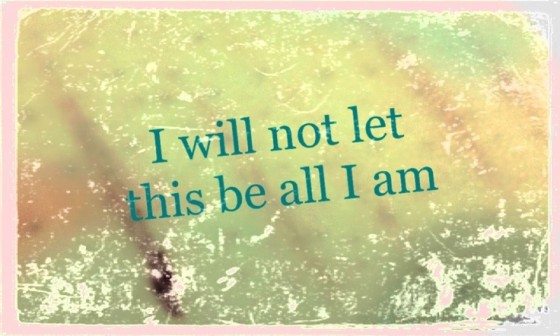
... nor will I allow others to treat me as if this is all I am:
- - a uterus
- - a collection of body parts
- - a vagina
- - a piece of ass
- - a pair of tits
- - a victim
- - public property
- - a virgin
- - a whore
- - a "before" photo
- - a body to legislate
- - a sexual object
Supermodels from 1994
Kathy Ireland, Elle MacPherson, and Rachel Hunter (L-R) appeared on the cover of the Sports Illustrated Swimsuit Issue in 1994. Today's thin ideal, popularity of plastic surgery, and extreme Photoshopping make 1994 seem like such a long time ago. And times have certainly changed.
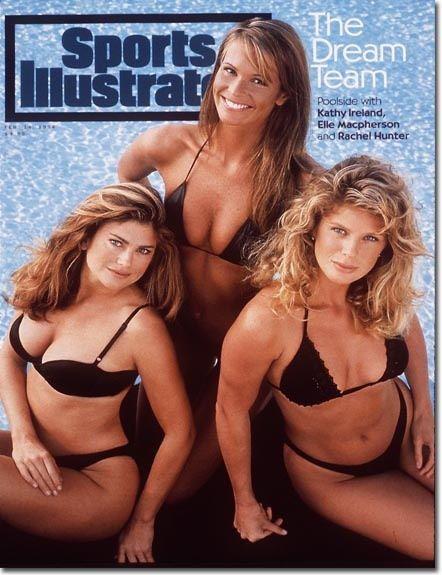
“Perfect”
We see photos like this all the time in the media. Many of us compare our "flawed" bodies with the model's seemingly "perfect" one, & then feel like crap. But here's a reality check that shows how this model morphed into "perfect":
1) nose narrowed
2) breasts enlarged & brought closer together
3) protruding ribs removed
4) waist narrowed
5) belly pooch flattened
6) skintone lightened & smoothed out
7) hips made curvier
8) inner thighs slimmed
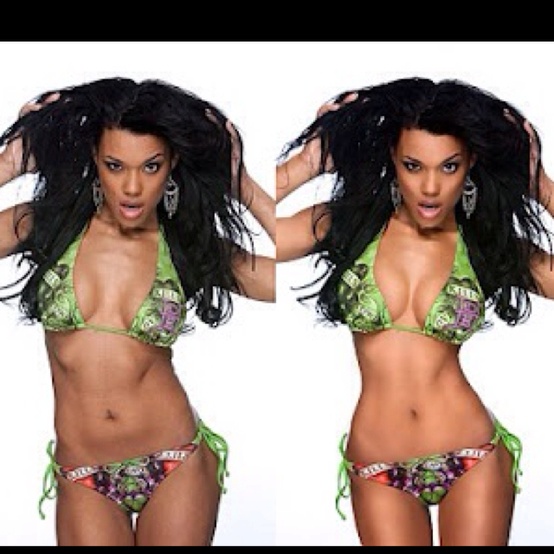
You Think I’m Beautiful, but You’re Wrong
We are mirrors -- we teach children how to feel about themselves, not only through our words, but also through our actions. We can tell a child that she's beautiful, but if we're constantly denigrating ourselves, she'll learn to see herself in that same critical light. Here's a beautiful example of how one mother's experiment to help instill a healthy body image in her daughters ends up helping her to improve her own:
"'Look at me, girls!' I say to them. 'Look at how beautiful I am. I feel really beautiful, today.' "I see it behind their eyes, the calculating and impression. I see it behind their shining brown eyes, how glad they are that I believe I am beautiful. They love me. To them, I am love and guidance and warm, soft blankets and early mornings. They have never doubted how wonderful I am. They have never doubted my beauty. How confusing it must have been for them to see me furrowing my brow in the mirror and sucking in my stomach and sighing.
"How confusing it must have been to have me say to them, 'You think I am beautiful, but you are wrong. You are small and you love me, so you're not smart enough to know how unattractive I am. I know I am ugly because I see myself with mean eyes. You are my child and I love you, but I will not allow myself to be pretty, for you. ... No matter how much you want to be just like me, I can't be beautiful for you and I don't know why. "It's working, a little bit. I've even stopped hating myself, a little bit."
From Wounded Warrior to Warrior 1
Gulf War veteran Arthur Boorman served as a paratrooper until all the jumps left him disabled. Doctors said he'd never be able to walk without the assistance of crutches or a cane. Unable to do many activities, Arthur gained a considerable amount of weight over the next 15 years, which put even more strain on his injured body.
Then he discovered yoga and everything changed. This fabulous video follows Arthur's journey from 297 pounds and struggling to hold a pose without falling ... to losing 100 pounds and not only walking without a cane, but sprinting! But this isn't about weight loss -- it's about improving one's quality of life & not losing hope. Get your tissues ready and prepare to be inspired:
Afraid to Lose Weight
Resistance to losing weight is generally not about laziness, lack of willpower, or love of food. The weight is just a symptom of what's going on underneath ...
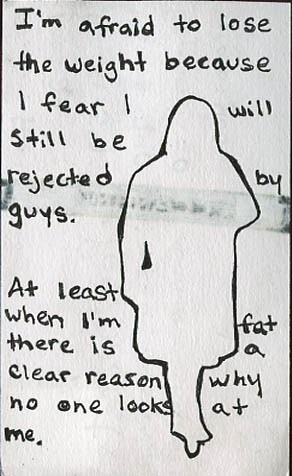
Photo Diary
In this emotionally powerful project, Julia Kozerski uses her photography skills to capture her "... private struggles with food, obsession, self-control, and self-image."
"We are flooded with media messages and images about losing weight: PSA campaigns, sneaker ads, reality shows, before and after commercials, in which celebs beam with joy in photos proving that they've slimmed down. They're often perfectly toned, in a bikini, grinning ear to ear.
"Julia Kozerski's artwork is very, very different. She faces the camera not with a smile, but with a steady, open, challenging gaze. Sometimes there are tears in her eyes. Sometimes she doesn't face the camera at all. ... "We're not accustomed to seeing documentation of this sort: A woman's body photographed not for the male gaze, not Photoshopped and airbrushed and rendered perfect so as to be more easily digested by the public."
Model Thin
Apparently, you can be too thin in the fashion world, but it isn't a matter of health. It has more to do with the aesthetics of showing lots of skin with a tad too much rib.
"[The magazine] Numéro, it seems, liked that [top model Karlie] Kloss was so thin but hated that her thinness made her bones more apparent. So in a have-your-cake kind of gesture, it made the bones disappear with Photoshop. ... We've become conditioned to expect perfected images of skinny, apparently boneless, smooth little girls in our magazines. In a certain way, we've come to rely on Photoshop to insulate us from the sharp reality of what maintaining an industry-approved fighting weight can do to a human body."
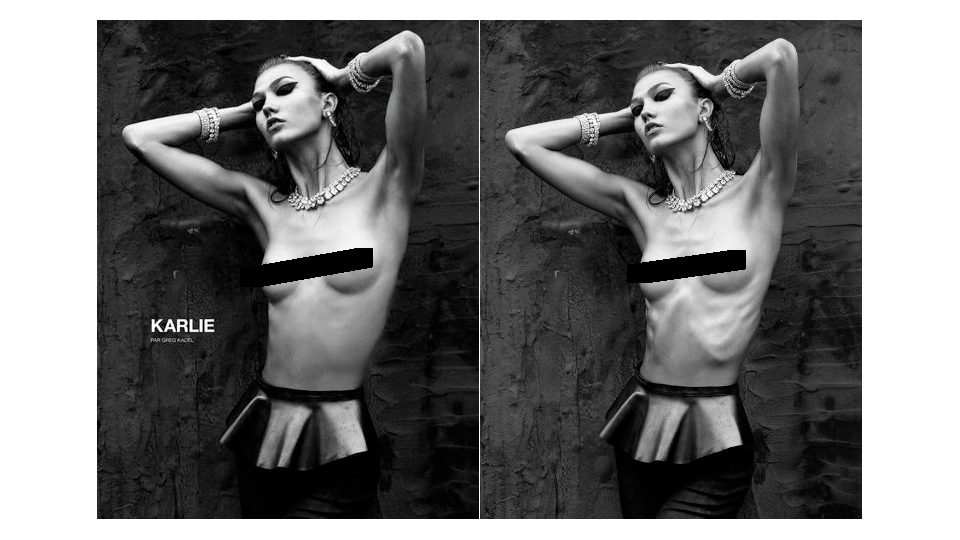
A Woman’s Declaration of Independence
The following is an excerpt from the upcoming book -- If Beauty Is inside, Why Do We Hate Our Guts?: Pop Culture, Sexism, & Body Image. Read the first chapter here.
It's time to declare independence, to separate ourselves from the bad habits, the stifling expectations, and the negative messages that no longer serve us (assuming they ever did).
It's time to declare independence from media messages that tell us we're ugly if we don't look like the "flawless" images of celebrities on the screen and in the magazines. It's time to stop buying into the manipulation and stop wasting time trying to chase an illusion that doesn't even exist.
It's time to declare independence from the belief that having the perfect body will make us worthy of love and respect. We're already worthy of love and respect in the bodies we have now -- no amount of weight loss or plastic surgery will increase our value.
It's time to declare independence from dieting, from deprivation, from seeing food as the enemy. The American weight loss industry makes nearly $60 billion a year trying to convince us that we're not good enough -- if diets worked, would they be this profitable? It's time to stop contributing to their false sense of hope.
It's time to declare independence from body loathing, from looking at our bodies with disgust instead of love. It's time to appreciate all of the amazing things they do for us -- the jiggly arms that give great hugs, the flabby thighs that carry us through the park, the droopy breasts that fed a child, the wounded heart that still knows how to love, the exhausted brain that still manages to tell our lungs to breathe.
It's time to declare independence from spending so much time, energy, and money trying to fit into someone else's idea of whom we should be. It's time to put ourselves first, to focus on our own desires and do what we want instead of what's expected of us. It's time to trust our instincts and become someone we're proud of.
It's time to declare independence from shame, from the belief that we're not good enough, not beautiful enough, not thin enough, not smart enough, not clever enough, not sexy enough. It's time to declare that we are already enough -- that we are perfectly imperfect exactly as we are.
It's time to declare independence from the oppressive labels of virgin or whore, straight or gay. Our sexuality does not define us. It can't possibly define what kind of person we are or what's in our hearts or our minds. Any attempt by others to claim otherwise is an attempt to control us, to police our behavior, and to shame us so that they don't have to examine their own ignorance and fear.
It's time to declare independence from the belief that we can bring sexual assault upon ourselves based on how provocatively we're dressed, how flirty we act, or how drunk we get. The only person responsible for a rapist's behavior is the rapist himself. We have a right to feel safe in the world.
It's time to declare independence from legislators who think the female body should be controlled by wealthy, middle-aged, white, conservative men. Our bodies belong to us -- it's time to declare our freedom to make our own decisions about them. Because if we cannot, then we are truly not equal citizens and this country as not as free it claims to be.
It's time to declare our independence from any force that tries to hold us down -- especially those forces that limit us from within.
Purple Paper Project – Chocolate
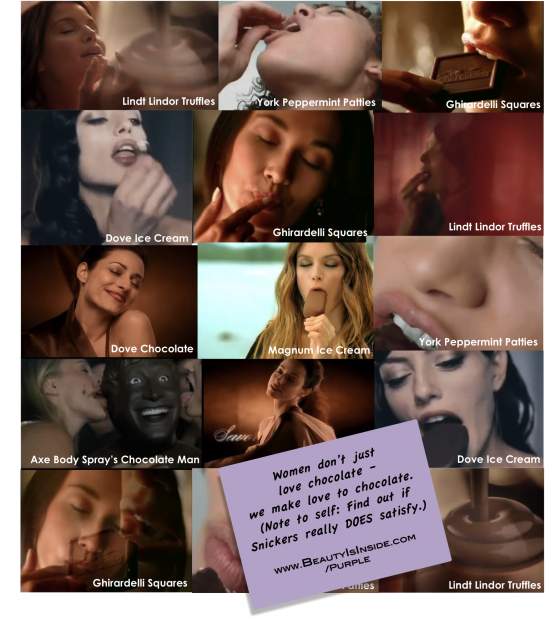
See more Purple Paper Project ads
Still not satisfied? Read this related post: "Epi-Curious? 10 Foods that Women Want to Have Sex With"
Purple Paper Project
I'm pleased to announce my new "ad campaign" -- introducing the "Purple Paper Project"! For this project, I'll be critiquing offensive advertising messages with the help of little purple papers and a little snark. Each new ad will be posted here on my blog, and I'll compile them together in the "Purple Paper Project" tab in the right sidebar.
We see about 3000 advertising messages everyday. Even when we're not paying attention, they're always in the background. Cumulatively, these messages affect how we feel about ourselves. In so many ways, they tell us we're too fat, our skin looks like crap, and our house is a mess. They teach us what society expects of us -- and how we're not measuring up. They play on our insecurities, and even invent new ones for us to obsess over (cankles, anyone?). But don't worry, because they're sure to have a product or service that can fix our "flaws"! How very convenient!
The more I started paying attention to these messages, the more I realized how manipulative, insulting, and sexist they were. And I also realized that I was buying right into them. Maybe I did need to lose weight, improve my skin, and clean my house more thoroughly.
Or maybe my weight, skin, and house were just fine the way they were.
Advertising is a one-way form of communication in which powerful corporations try to persuade us to spend our money by manipulating our insecurity. The "Purple Paper Project" is about turning this into a two-way conversation. Consumers have powerful voices too, and it's about time that we started talking back.
To kick this project off, here's an ad from Viva paper towels:
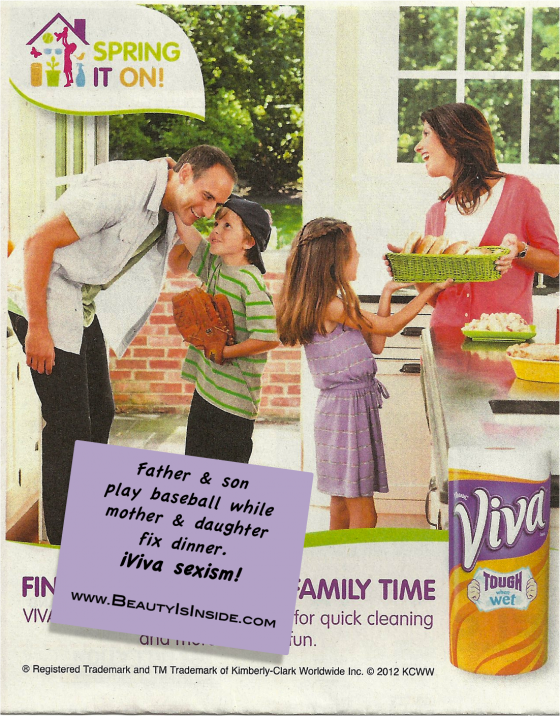
Who’s Hotter?
I recently posted an article about the image below, which is currently circulating around the Internet. As I mentioned in the previous post, this faux-empowerment message just ends up pitting thin girls against curvy girls, feeding the comparisons and competitions, and separating us all. As a result, we fight against each other instead of fighting against the beauty pressures that make us feel insecure in the first place. Here's the original image:
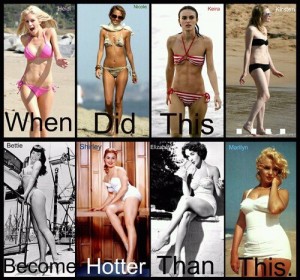
What's the next logical step?
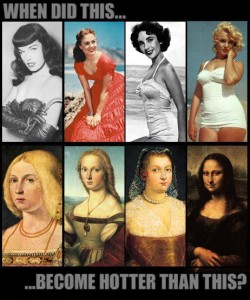
and then what about this?
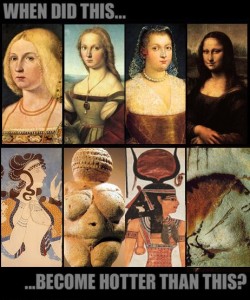
Haven't we all had enough? Isn't it about time that we move past the pettiness and start working together?
Real Women Have … Bodies
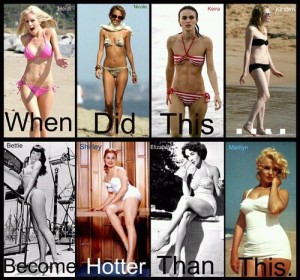
The other day, my friend shared this image on my Facebook wall. I'm sure she had good intentions, as did the creator. At first glance, it seems like a girl-power-feel-good-kind-of-message that challenges the pressure to be thin, similar to the "real women have curves" mantra made popular by the movie of the same name. It seems to be about women celebrating their curves, accepting their bodies, and not buying into the extreme dieting mentality.
But it's not. This image is about shaming thin women about their bodies under the guise of empowering heavier women. It's just the other side of the same coin.
What about women who are naturally thin? Or naturally not as curvy? Are they less hot? Are they not real women? Comparing is just one more way for us to separate ourselves.
Most of us struggle with our weight, so being in the public eye would most assuredly have an impact on how celebrities feel about their own bodies. Heidi Montag had 10 plastic surgeries so that she could look hot enough. Tabloid rumors have accused Nichole Ritchie and Keira Knightley of having eating disorders, and Kirsten Dunst was on the cover of Star Magazine for having one of the "worst beach bodies," so it's not as if any of them are being celebrated for their bodies at the moment. The media's pretty arbitrary anyway about what constitutes the hot-kind-of-thin vs. the anorexic-kind-of-thin. It's a fine line, and those celebrities who cross it are publicly shamed on tabloid covers. I'm sure Bettie, Shirley, Elizabeth, and Marilyn faced their share of scrutiny and pressure as well based upon the beauty standards of their time. Elizabeth Taylor, for one, suffered from both eating disorders and substance abuse. Considered by many to be the most beautiful woman in the world, she was once quoted as saying, "I don't like my voice. I don't like the way I look. I don't like the way I move. I don't like the way I act. I mean, period. So, you know, I don't like myself."
Beauty is subjective. Others' opinions about us are irrelevant -- what matters most is how we see ourselves.
The body snarking, the gossipy headlines about who has anorexia or who's getting fat, the who's hotter comparisons -- these all promote the age-old competition to determine the fairest of them all. And eating disorders are part of this futile attempt to fit what society deems "hot".
There's value in simply being who we are, whether we're thin or fat or have curves or not. So, in response to the question: "When did this become hotter than this?", here's another question: Why do we have to cut someone else down to feel better about ourselves?

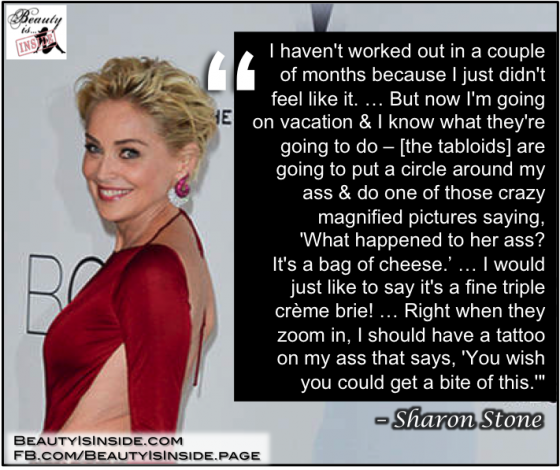
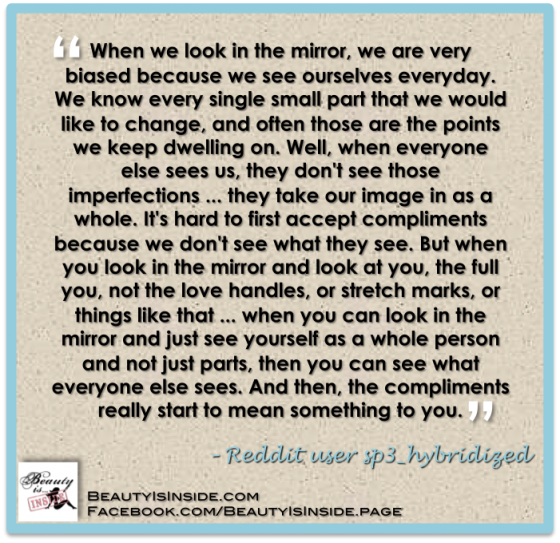
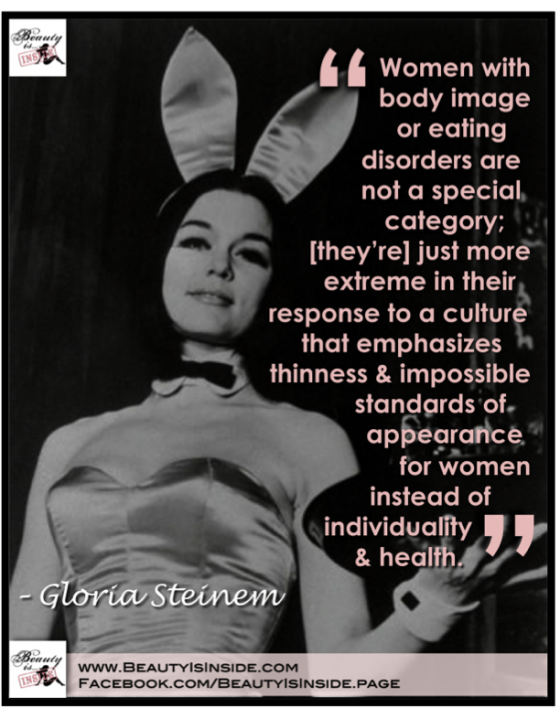
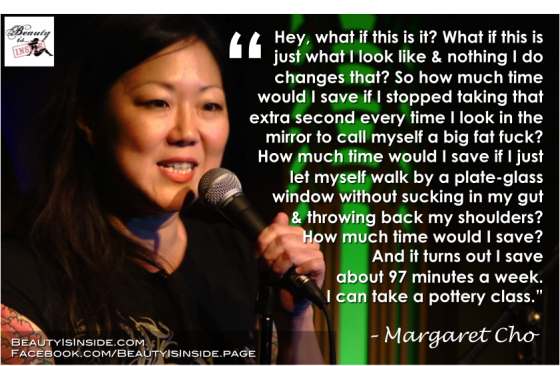
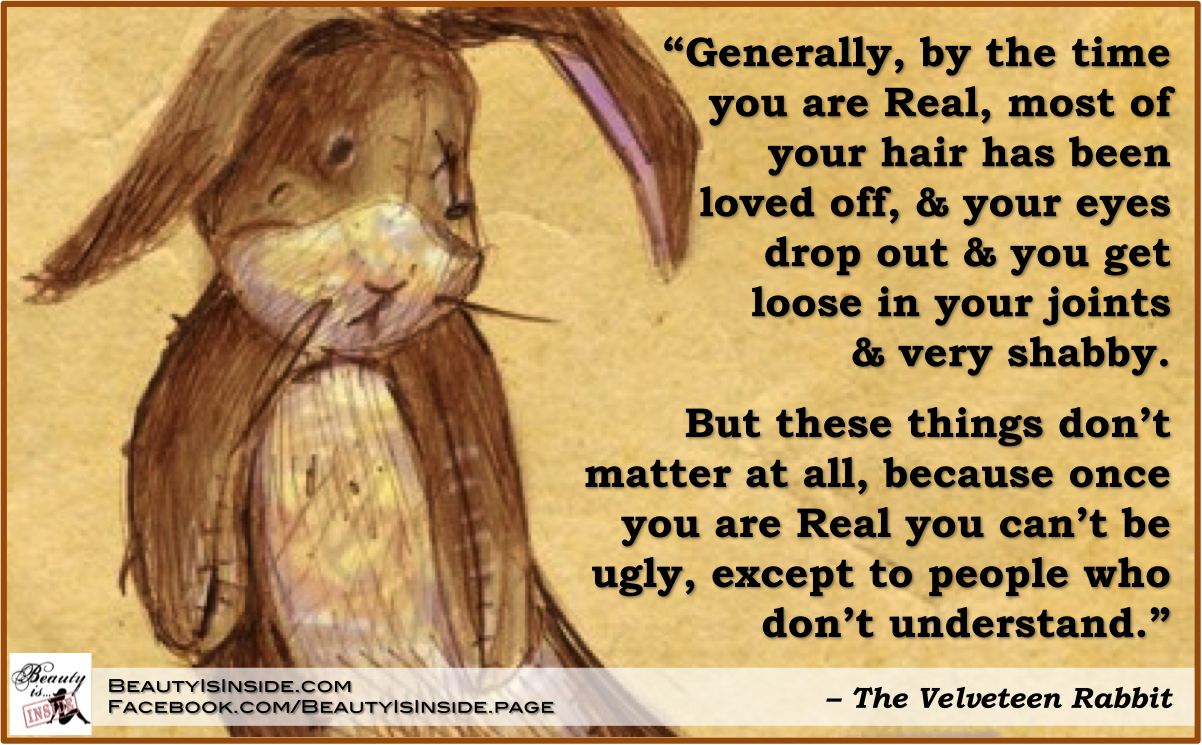
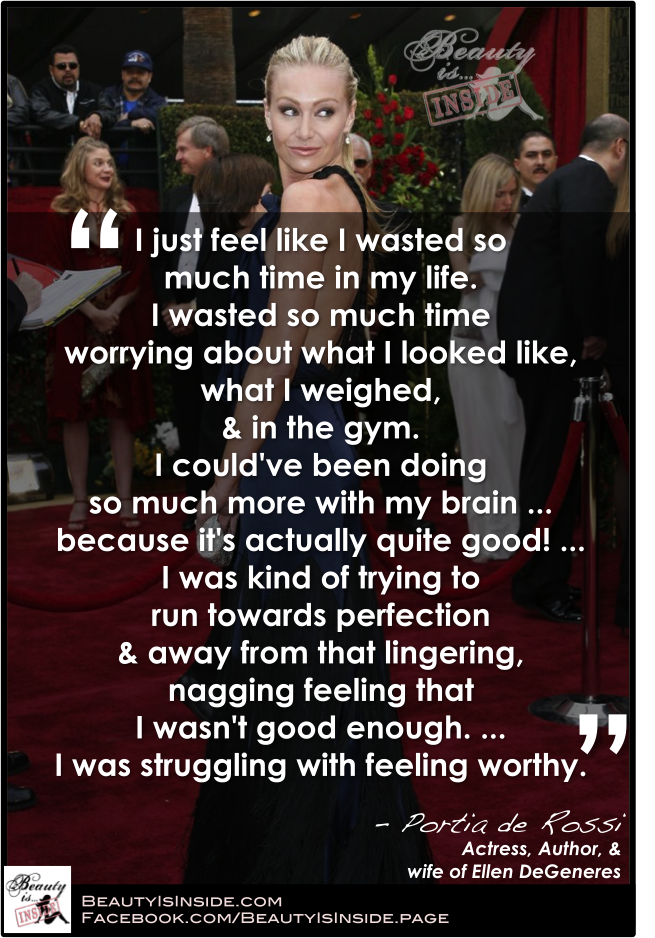
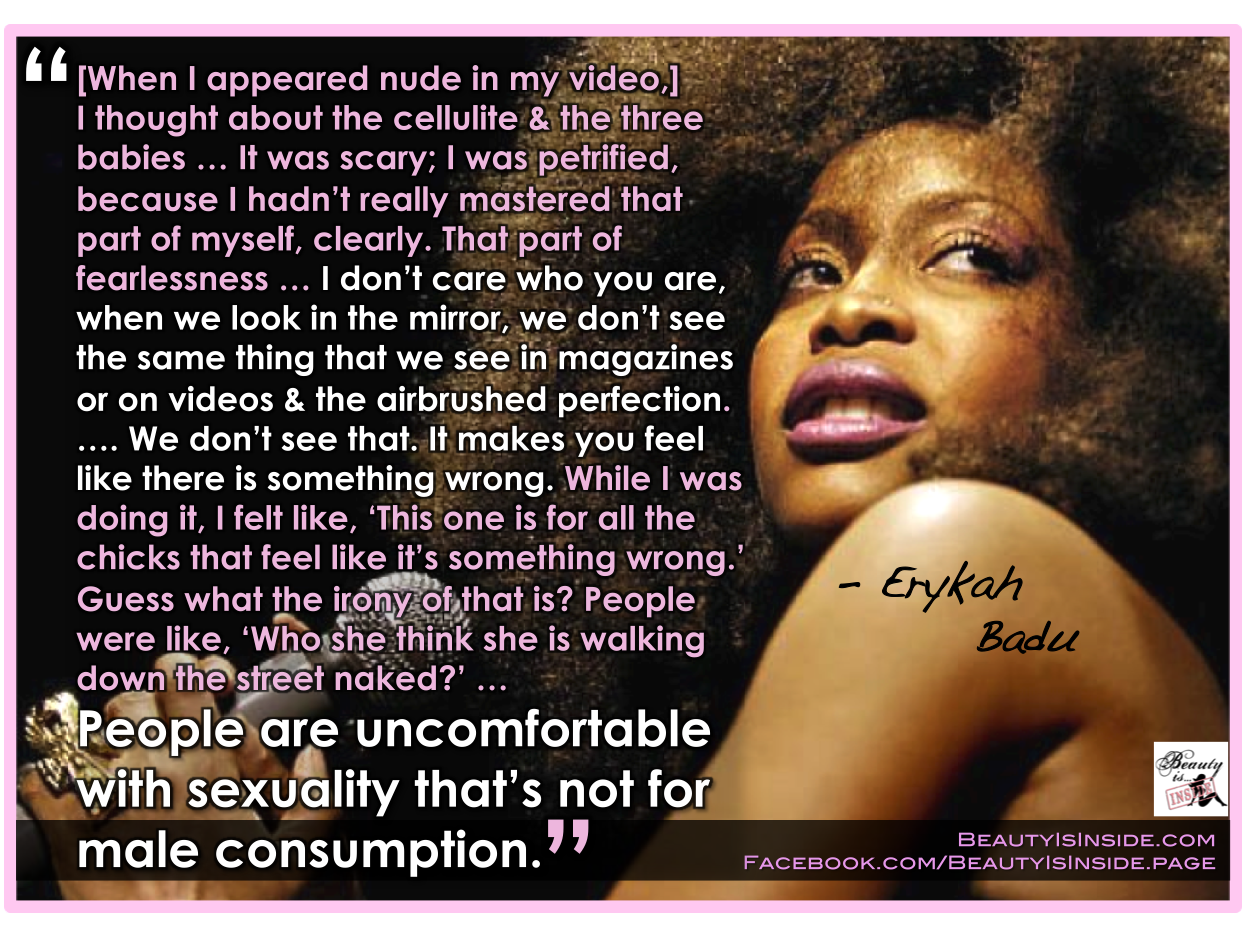
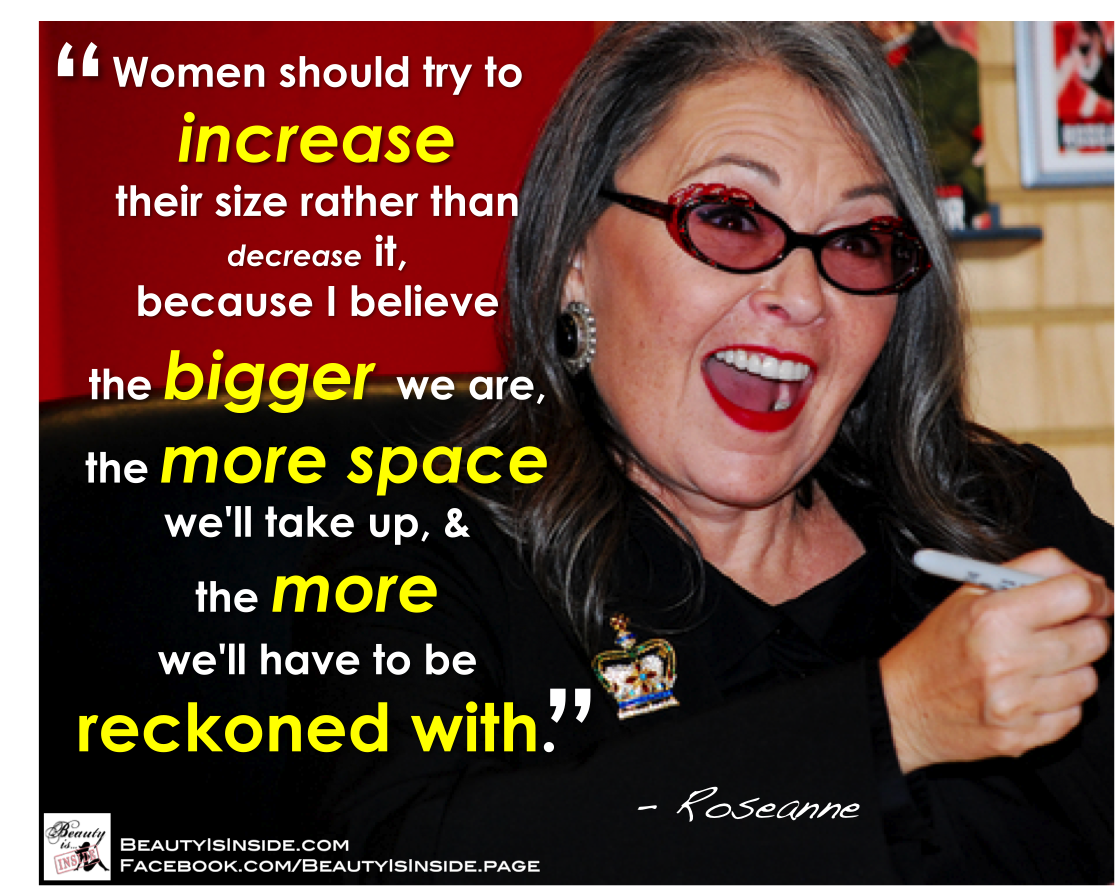
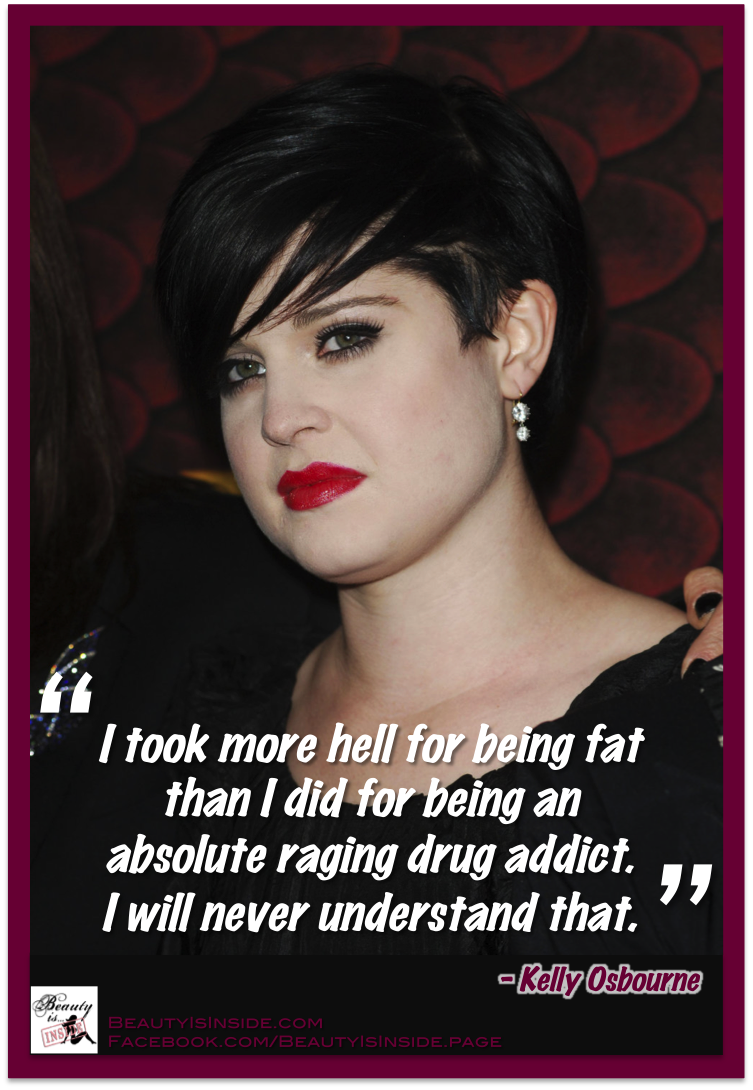

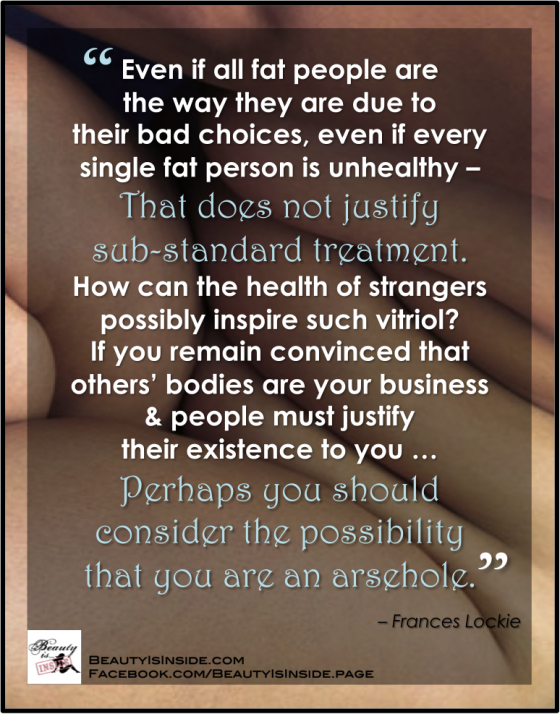
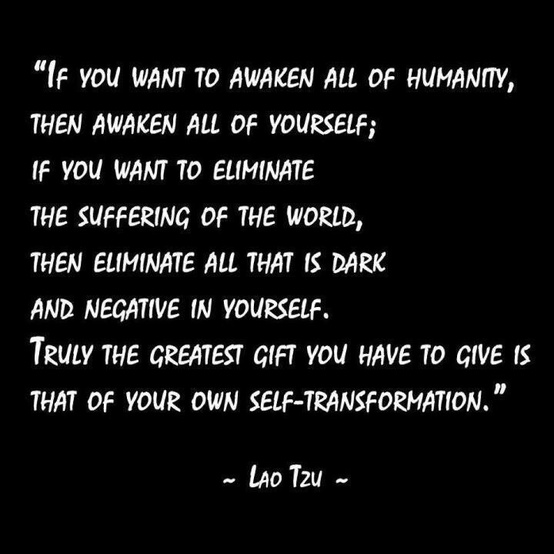
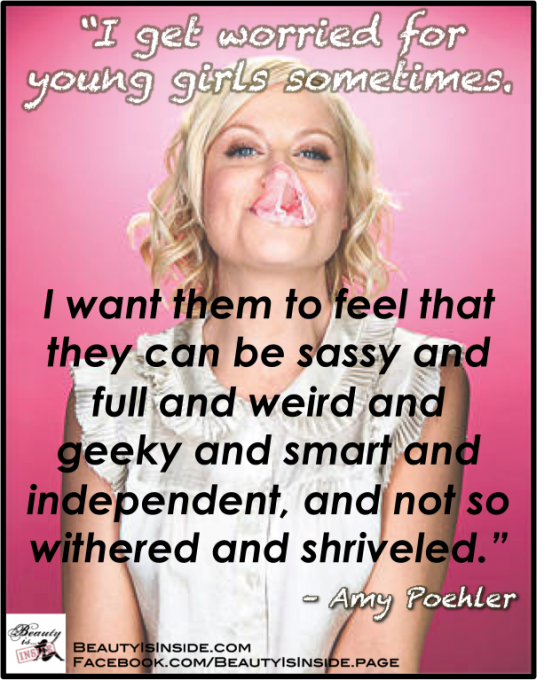
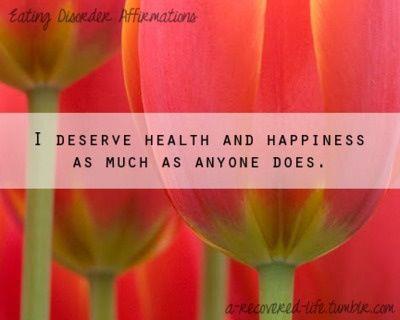
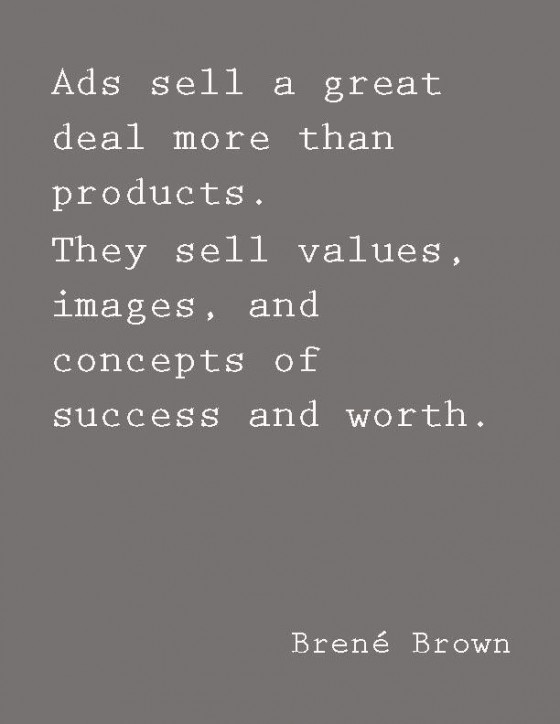

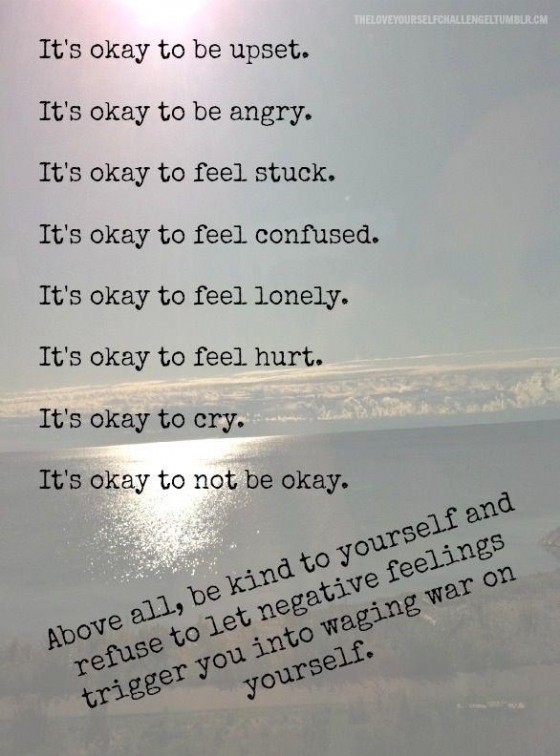
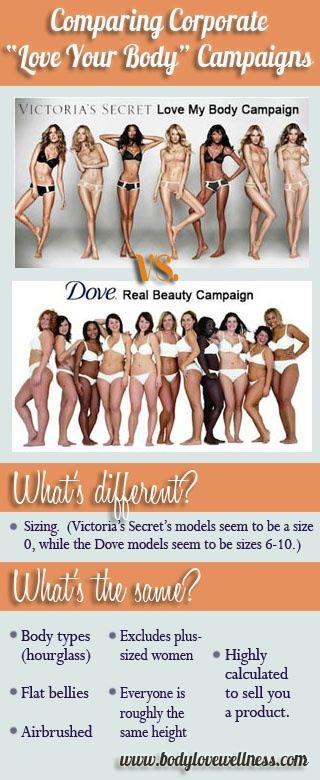 From
From 